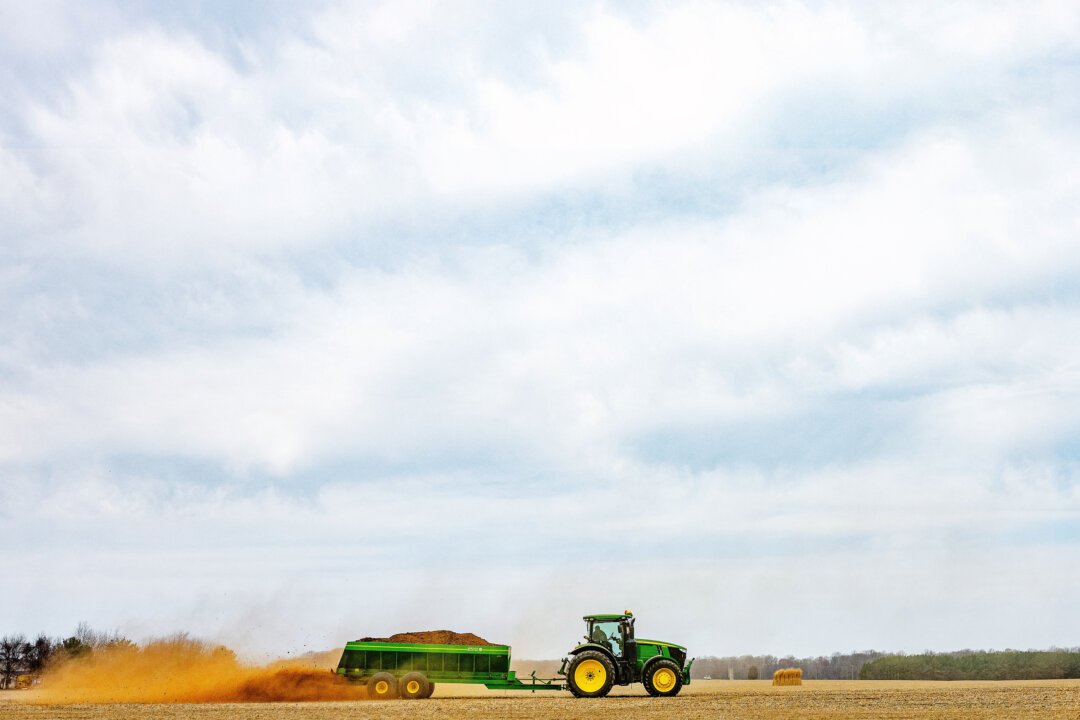
Rural landowners are sounding the alarm, expressing growing concerns over the use of treated sewage sludge, known as “biosolids,” as fertilizer on farmland. They argue that America’s agricultural lands have become unintended dumping grounds, leading to a range of negative consequences.
The complaints are stark: foul odors permeating the air, soil contamination raising health concerns, and stormwater runoff carrying potentially dangerous chemicals into vital waterways—streams, lakes, and groundwater. These rural communities are grappling with the impacts of a practice promoted as environmentally friendly and cost-effective.
The biosolids industry champions the use of treated sewage sludge as a sustainable solution, highlighting the recycling of waste that would otherwise end up in landfills and the cost savings for farmers on fertilizer. However, critics argue that these purported benefits are significantly overshadowed by less visible, but potentially far more serious, costs.
The process involves removing solid matter from wastewater treatment plant tanks, followed by treatment to reduce pathogens before its application as a soil amendment or fertilizer. But the question remains: does the potential for environmental and health risks outweigh the perceived economic advantages? The debate continues, with rural communities bearing the brunt of the consequences.

